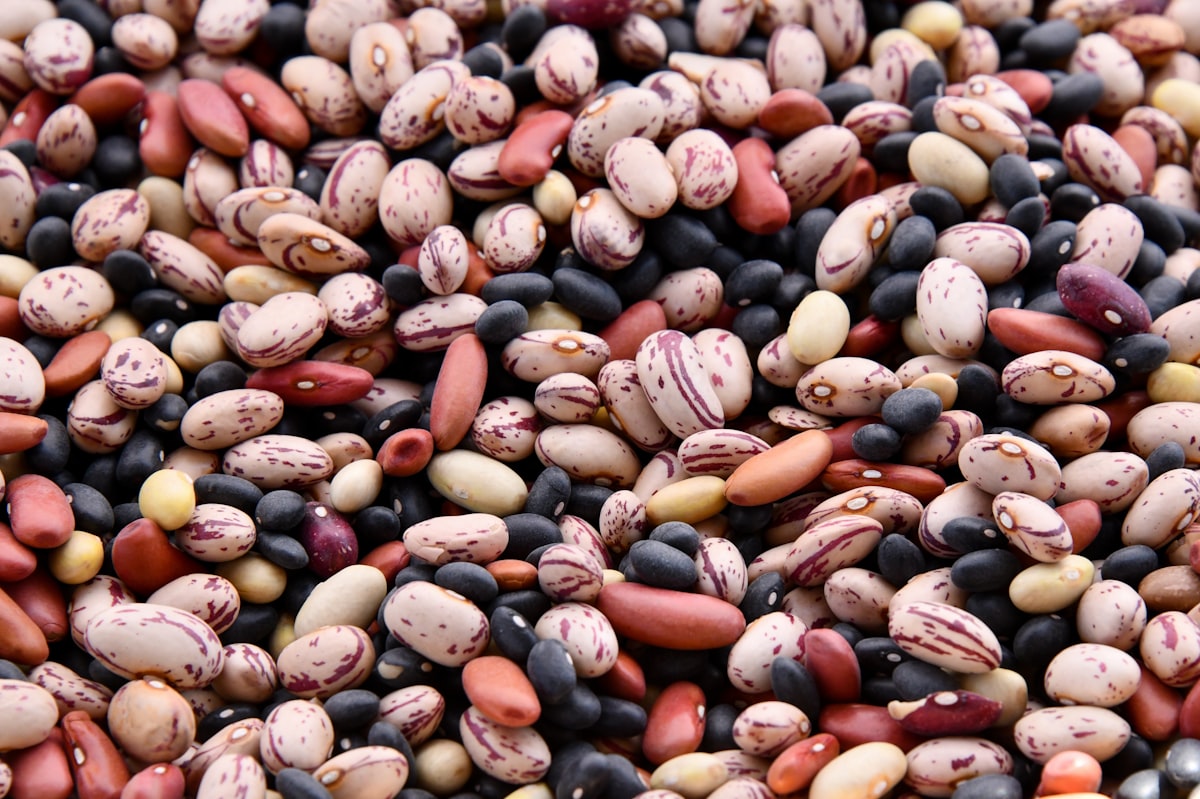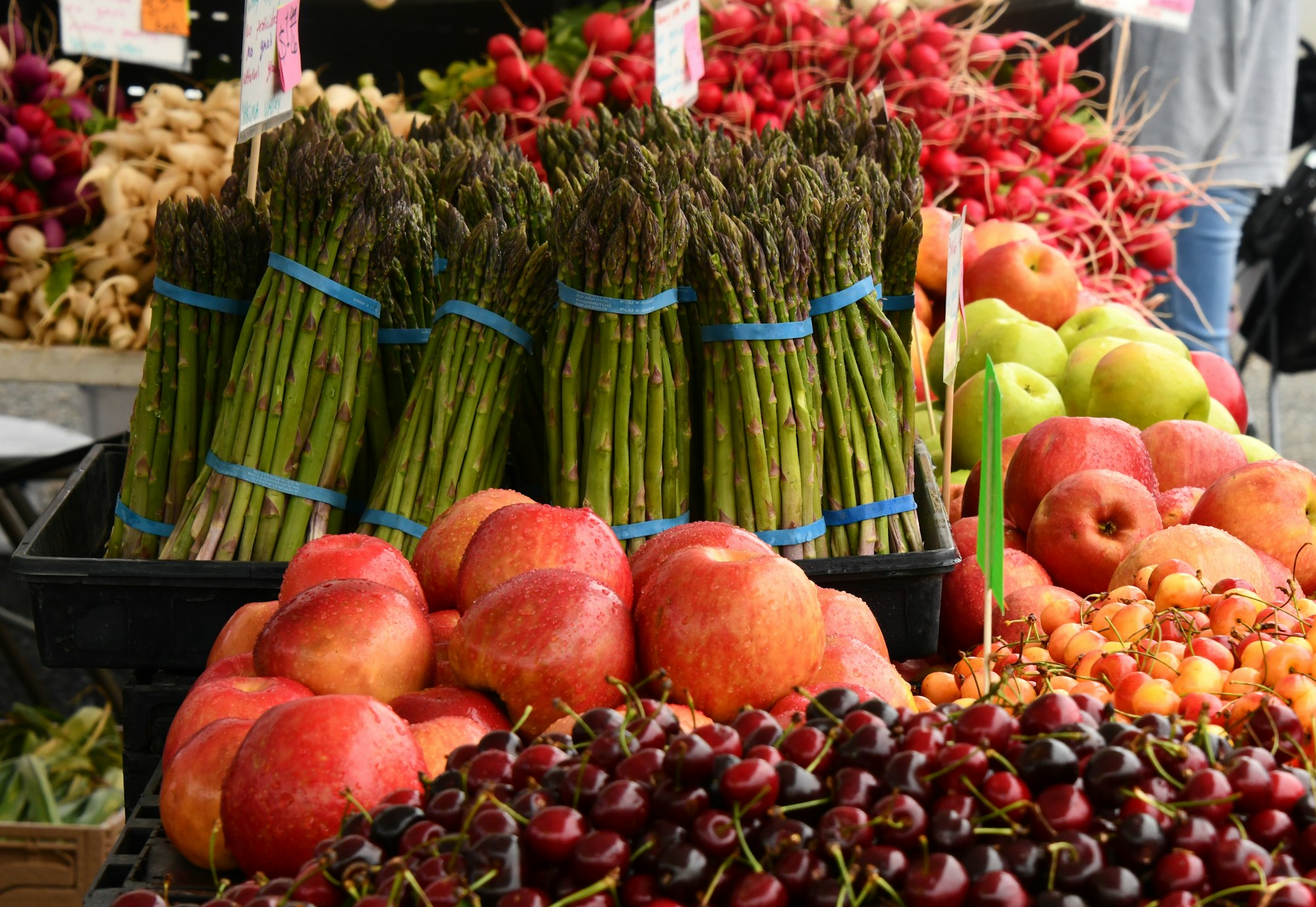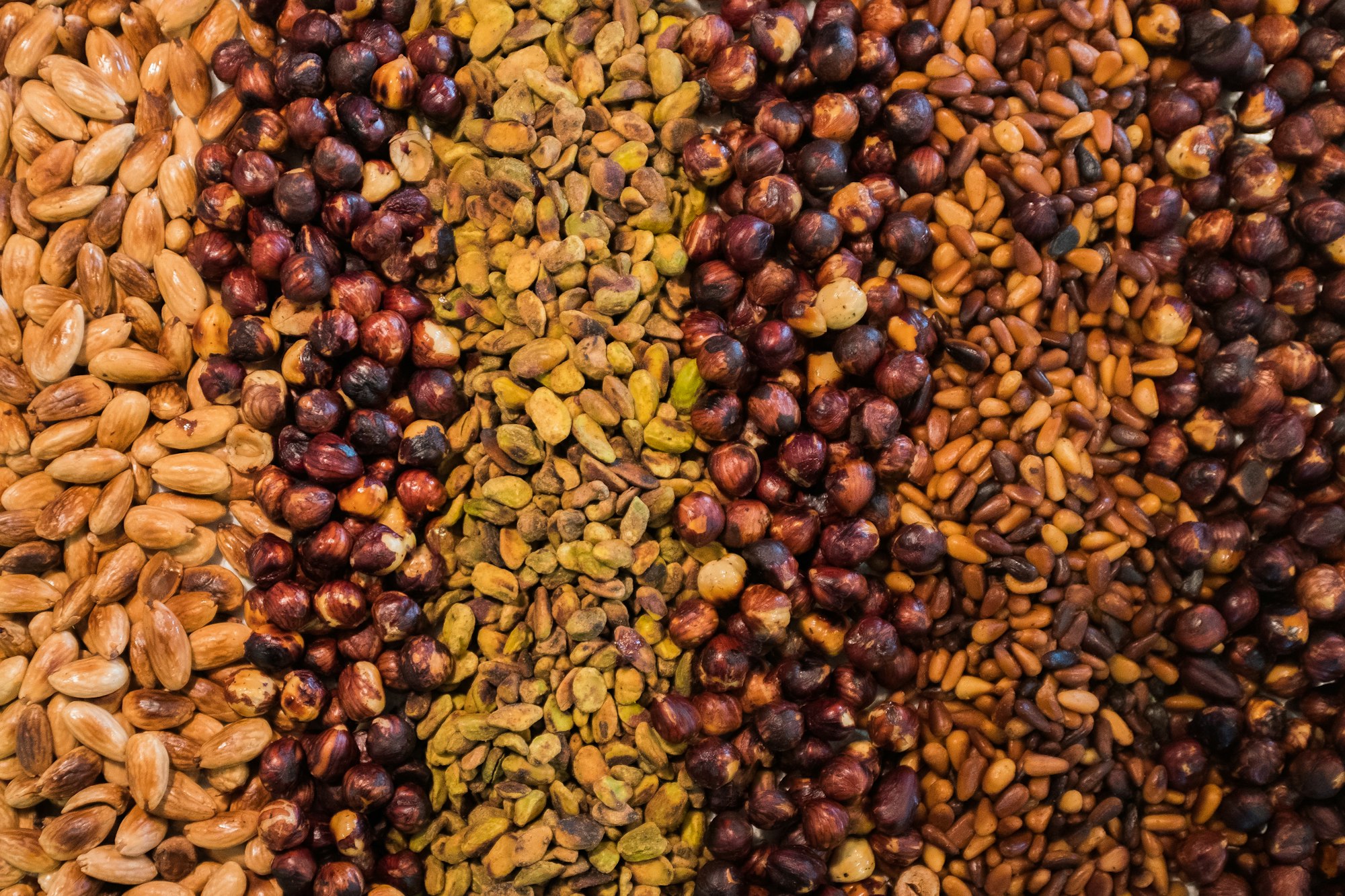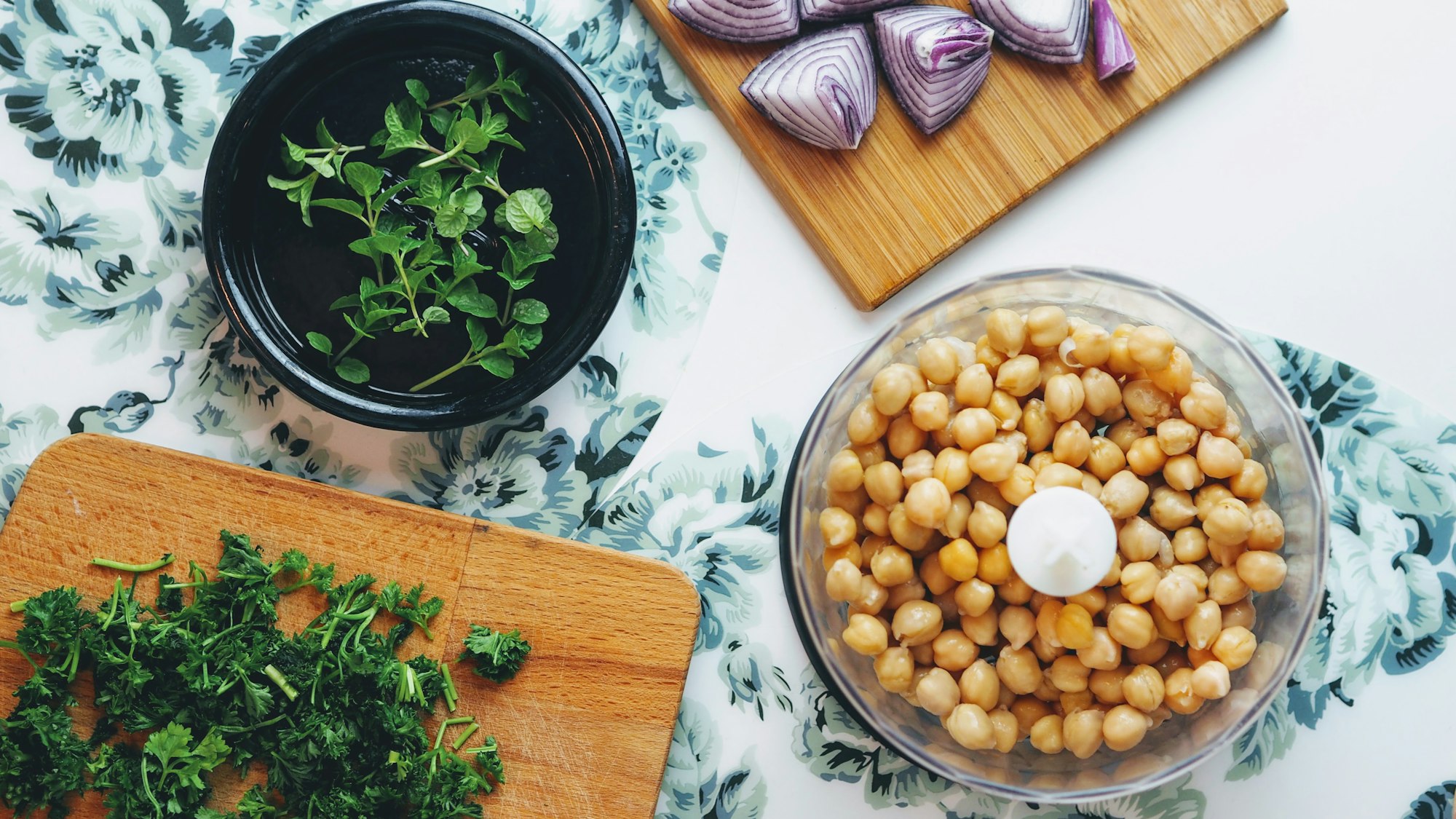Why are fibres so essential?
Fibres should be a non-negotiable part of a balanced diet. Not only do they keep us feeling fuller for longer (which means less cravings), but they can also help us maintain a healthy weight

Fibres are playing a crucial role when it comes to keeping our bodies healthy and happy. Fibres should be a non-negotiable part of a balanced diet. Not only do they keep us feeling fuller for longer (which means less cravings), but they can also help us maintain a healthy weight and prevent issues like constipation. Keep in mind that we can only find fibres in plant foods, so you know what's coming next!
So what are fibres and why do you need them ?
Foods high in fibres tend to be low in fat and low in glycemic index (GI), which means that they do not raise blood glucose as much as a high GI food. We should aim for 15 to 20g per day. Yes, another excellent reason to eat plenty of fruits and vegetables!
Here are a few examples of fibre rich foods:
- Artichokes: One large artichoke contains approximately 10.3g of fibre
- Lentils: One cup of cooked lentils contains approximately 15.6g of fibre.
- Raspberries: One cup of raspberries contains approximately 8g of fibre
There are two types of fibres, soluble and insoluble.

• Soluble fibres are found in fruits, vegetables but also in some cereals and legumes. They are good for lowering bad cholesterol (LDL) as it can reduce its absorption into your bloodstream. Soluble fibres are also essential for maintaining HDL cholesterol. This one is known as good cholesterol and helps remove other forms of cholesterol from your bloodstream. Higher levels of good cholesterol can reduce the risks of heart disease. Soluble fibres also help to have a good bowel movement, so no more constipation!

• Insoluble fibres are found in wholegrain foods (whole-wheat bread & pasta, brown rice, quinoa, oatmeal), the skins of fruits and vegetables, nuts (almonds, peanuts, pine nuts) and dried beans (black, garbanzo, kidney beans, chick peas, lentils). They are fermented by bacteria and protect the gut wall. They are also very good to prevent constipation.
Tip: If you have some trouble digesting legumes and beans, soak them in cold water for a few hours before cooking: why not before going to bed or as you leave home in the morning? This process will make beans easier to digest as it breaks down some of the complex sugars contained in the beans that cause flatulence or bloating.

Tips to increase your fibre intake
- Add dried peas, beans, lentils to your soups, salads or stews.
- Switch to whole grains and brown rice to replace refined grains.
- Snack on guacamole, babaganoush or hummus, vegetables sticks, nuts and seeds.
